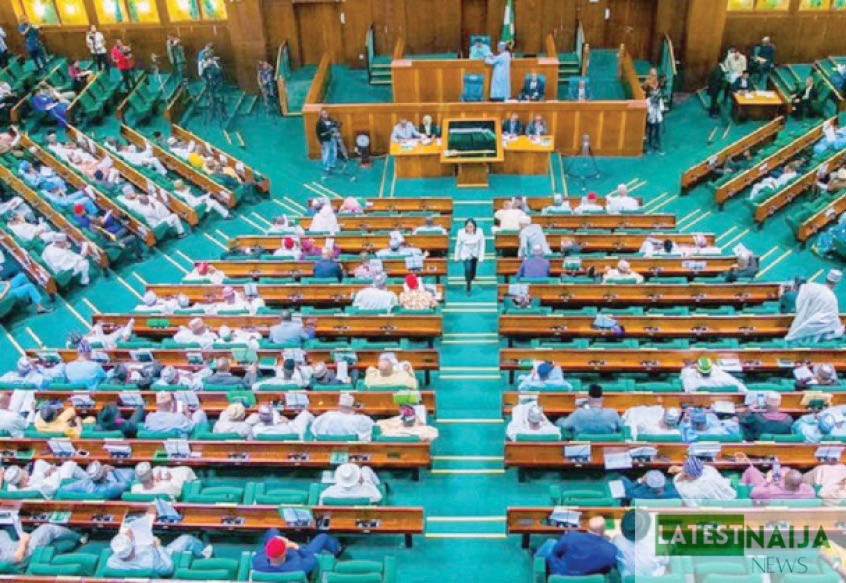The House of Representatives has rejected a proposed constitutional amendment seeking to introduce a single six-year term for the President, governors, and local government chairmen. The bill, sponsored by Ikenga Ugochinyere (PDP, Imo) and 33 other lawmakers, also proposed a rotational presidency and simultaneous elections across all levels of government.
Key Proposals in the Bill
The amendment sought to alter several sections of the 1999 Constitution, including:
- Single Six-Year Term: Amendments to Sections 132 and 180 proposed replacing the current four-year renewable tenure with a single six-year term for the President, governors, and local government chairmen.
- Rotational Presidency: Section 132 was to be amended to mandate that the presidency alternates between Nigeria’s North and South regions every six years, with further rotation among the geopolitical zones within each region.
- Unified Election Day: Provisions in Sections 76 and 116 aimed to synchronize elections for all offices, including the President, governors, National Assembly, and state Houses of Assembly, to be conducted on the same day.
- Mid-Term Performance Review: A new Section 188 was introduced, requiring governors to present a mid-term stewardship report to their respective state Houses of Assembly. Legislatures could pass a vote of no confidence and initiate impeachment proceedings if unsatisfied with the governor’s performance.
Lawmakers Reject Debate
The bill failed to gain momentum as lawmakers refused to allow its sponsor to lead a debate on the proposed amendments. Critics within the House argued that the sweeping changes could destabilize Nigeria’s democratic framework and governance structures.
Background and Justifications
Proponents of the bill argued that a single-term tenure would reduce the cost of elections, minimize political tensions associated with incumbency, and promote equitable power-sharing among Nigeria’s regions.
Ugochinyere and his co-sponsors suggested that the rotational presidency would foster national unity by ensuring inclusivity and addressing longstanding grievances about unequal political representation.
Additionally, the provision for simultaneous elections aimed to simplify the electoral process, reduce logistical challenges, and save costs for the Independent National Electoral Commission (INEC).
Expert and Public Reactions
The rejection of the bill has drawn mixed reactions. Advocates of the amendment expressed disappointment, citing the need for reforms to address Nigeria’s unique political and economic challenges.
However, critics, including several legal experts and political analysts, argued that the proposals were overly ambitious and lacked sufficient consultation.
One critic described the mid-term performance review clause as a potential tool for political vendettas, while another questioned the practicality of implementing rotational presidency provisions in a politically diverse country.



Comments are closed.